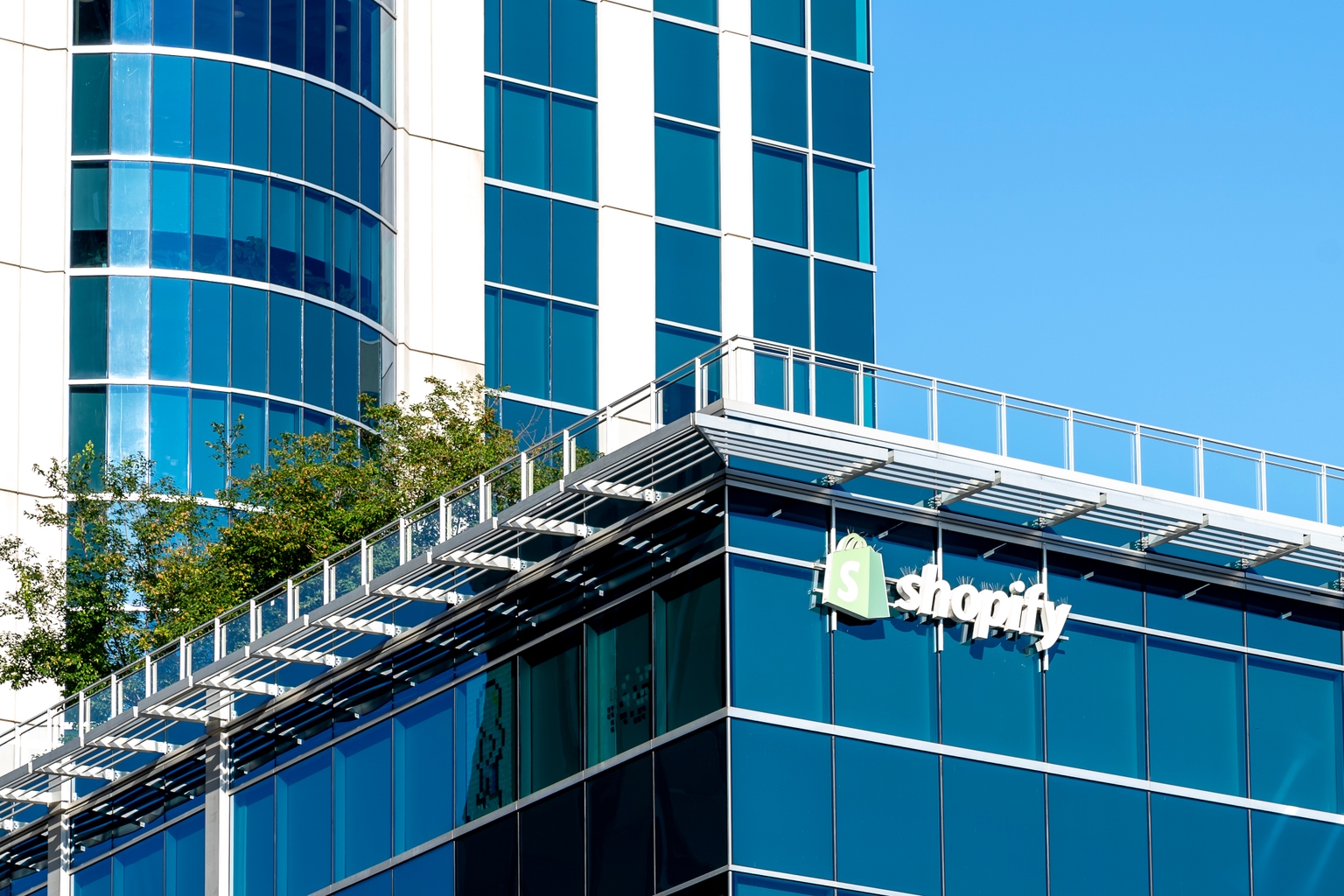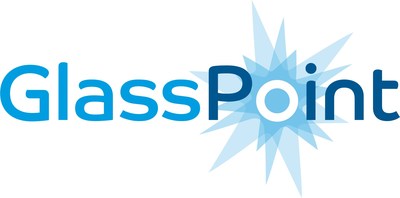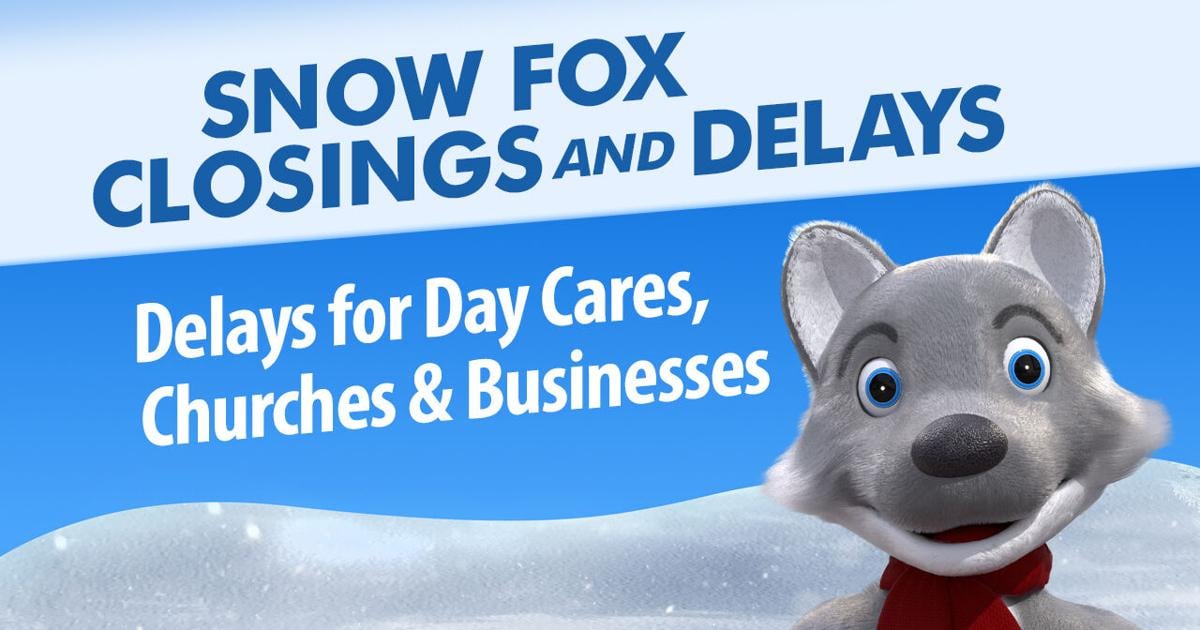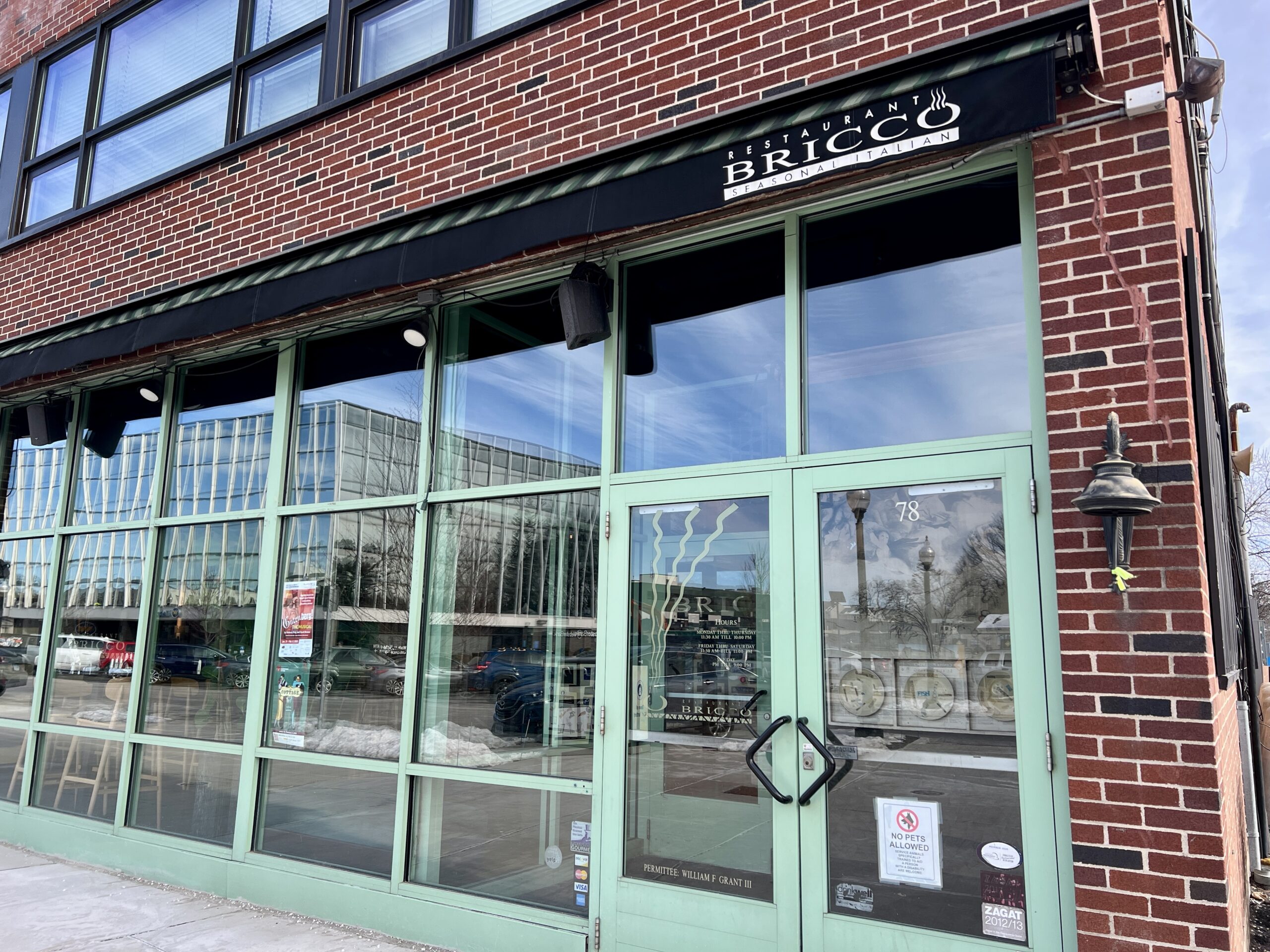Individual viewing receipts in supermarket and tracking prices.
Denys Kurbatov – stock.adobe.com
Whether you live in New York City or Cold Bay, AK, it is a safe bet that small businesses and their owners are the cornerstones of your community. However, they often are also the most vulnerable to swings in the economy. With inflation and many economists predicting a period of disruption, a good number of small business owners are feeling this impact.
Recently, Gallup released its annual Confidence in Institutions report and once again, small business is the most trusted institution in America. Of the respondents, 70% respondents said they either trusted small businesses a great deal or quite a lot. A remaining 24% also said they trust small businesses some. To put that into perspective, only 36% trust the church or organized religion a great deal or quite a lot, along with 29% for public schools and 32% who feel that way about the medical system.
This trust in small business owners is a reason you can go into a diner and if you see a sign explaining that they are charging more for omelettes because of egg prices, you will likely take them at their word that they are having to do this to keep their business afloat. It also means they likely felt the downturn of the U.S. economy earlier than most.
The consumer price index has shown that inflation has been steadily rising since April and hit 3% in September of this year. Many economists fear that this may only get worse. On September 23, the World Economic Forum released its Chief Economists Outlook, which is developed through consultations and surveys with economists from the public and private sectors. Of the chief economists surveyed, 72% expect the global economy to weaken over the next year through trade disruption, policy uncertainty, and technological change. In addition, 59% predict that inflation will be high in the United States in the coming year.
Inflation impacts nearly every aspect of a small business’s operations as it can lead to higher rent, increases in the cost of labor and equipment, and greater interest rates if the owner has to borrow to cover it. A recent survey by KeyBank found that 50% of small business owners say inflation and rising costs are their top concern. Because of these economic uncertainties, 23% say they are currently in survival mode.
One longtime Omaha staple, Big Mama’s Kitchen & Catering, has operated in the city for nearly 18 years and remains a must-visit destination for food lovers nationwide. But rising costs are putting pressure on both profitability and customer affordability. Gladys Harrison, the president and daughter of the founder, says the increases have hit hard. The price of catfish—one of the restaurant’s core ingredients—has risen by about $20 per box this year, forcing her to reduce portion sizes from 5–7 oz fillets to 3–4 oz. Beef prices have also skyrocketed, directly affecting one of Big Mama’s most popular menu items, the Afro-Burger, which she has now temporarily removed from the menu.
Another, Kokoro Restaurant, has been specializing in quick, casual, but fresh traditional Japanese food in the Denver, CO, area since 1986. The owner, Masaru Torito, has many long term employees, including some that have been with him for over 30 years, and buys local ingredients when possible. However, rising costs across the board have left little room to breathe. In just the last 3-4 months, Mas has seen food prices surge by 10–12%, with meat costs climbing the most. His restaurants go through about 1,800 pounds of beef each week, so even a $1 increase per pound means an additional $1,800 in expenses.
There are a number of different opinions on how best to manage inflation. What is certain is that the longer the U.S. experiences higher inflation, small businesses will be hit hard and forced to pass those costs along to their consumers.








